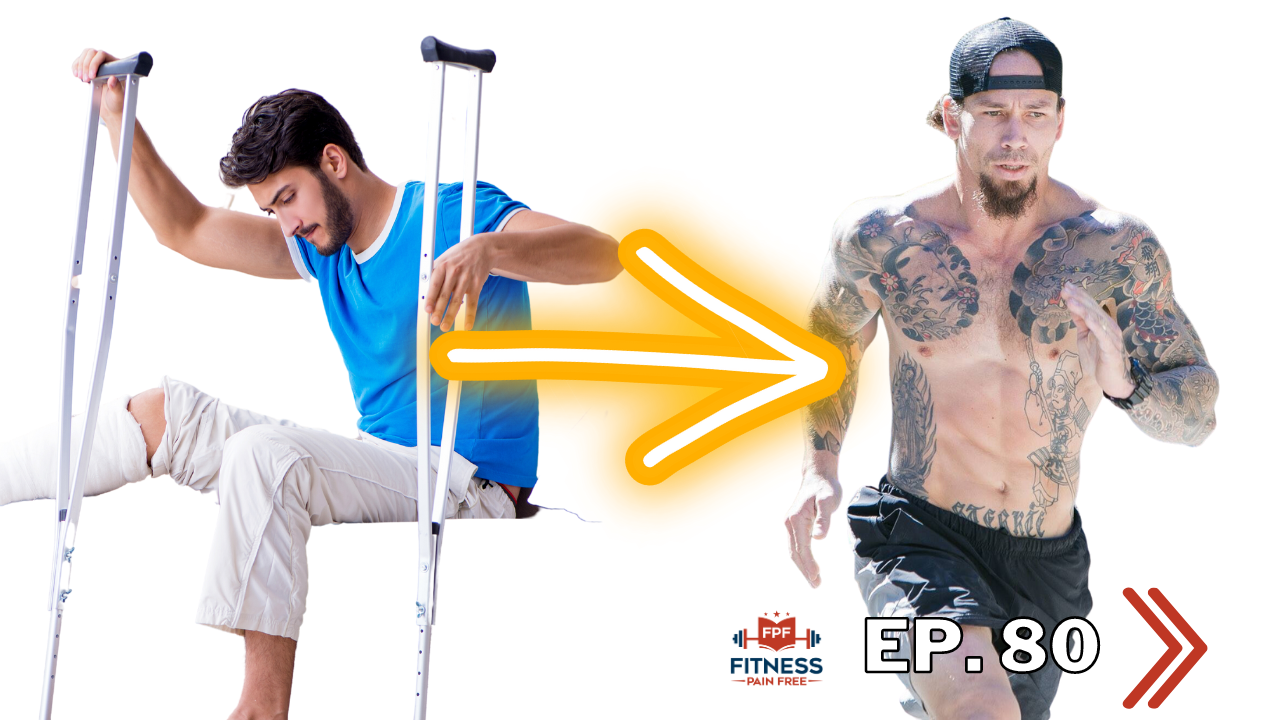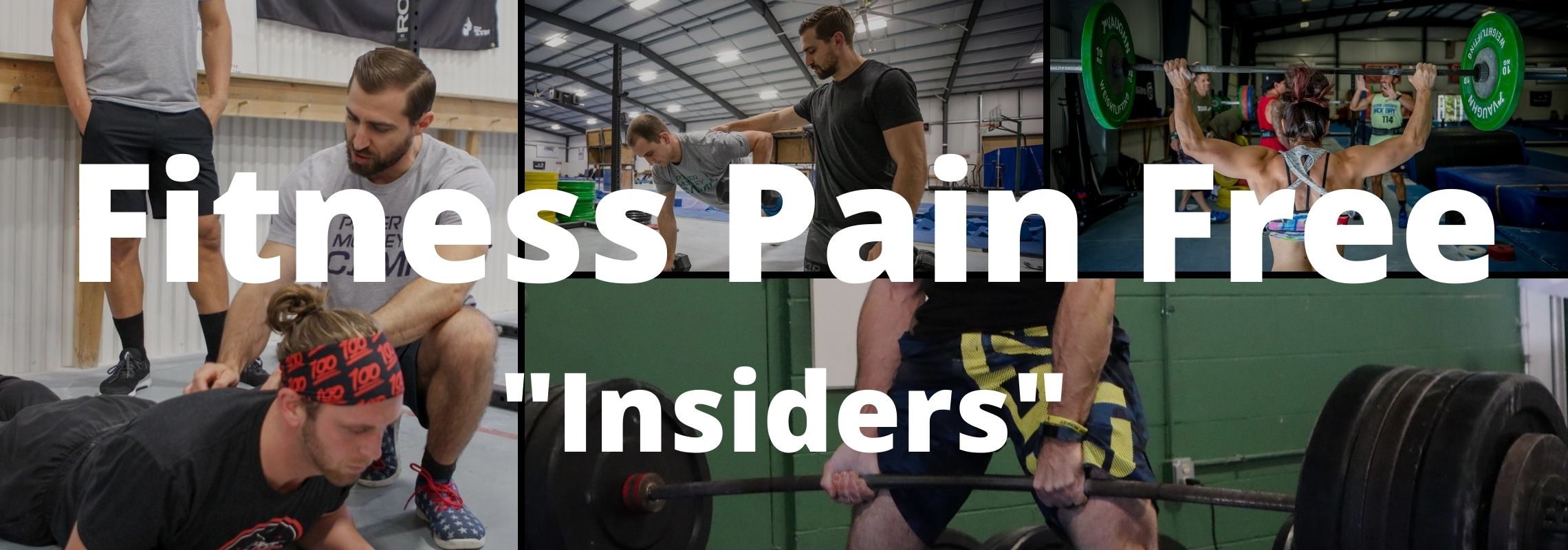
Physical Therapy Guide to Return to Plyometrics After Lower Extremity Injury | FPF Show E:80
In today's episode we go over a Physical Therapy Guide to Return to Plyometrics After Lower Extremity Injury | FPF Show E:80
As physical therapists, we all know that returning athletes to their pre-injury level of performance can be a challenging and complex process. However, one of the most critical aspects of rehabilitating an athlete with lower extremity injuries is implementing a smart return to plyometrics program. Plyometrics are a cornerstone to both return to run and return to sport programs.
Plyometrics are a fundamental component of most sports and requires a significant amount of force production and absorption through the lower extremities. As such, it is essential to have a well-designed return to plyometrics program that incorporates a gradual increase in intensity and volume while addressing any deficits in strength, mobility, and neuromuscular control.
The plyometrics program should focus on progressively increasing the demands placed on the lower extremities. This will involve drills and exercises that help athletes progress back to running, sprinting and jumping in their sport.
It is also important to ensure that the athlete's overall conditioning is at an appropriate level before beginning any plyometrics program. This may involve incorporating aerobic and anaerobic conditioning exercises, such as a progressive return to run program, cycling or swimming, to build cardiovascular endurance and improve the athlete's ability to handle the demands of plyometrics.
Another critical component of a smart return to plyometric programs is monitoring the athlete's progress closely. This may involve regularly assessing for changes in range of motion or swelling as well as monitoring any signs of pain, excessive muscular soreness or discomfort. If any issues arise, adjustments should be made to the program to address them quickly and effectively.
Check out the video below to see exactly how I like to progress my athletes back to plyometrics after lower extremity injury:
In conclusion, a smart return to plyometrics program is essential for rehabilitating athletes with lower extremity injuries. By incorporating a gradual increase in intensity and volume, addressing any deficits in strength, mobility, and stability, and monitoring the athlete's progress closely, we can help ensure a safe and successful return to sport.
Always jumping...
- Dan Pope DPT, OCS, CSCS
Listen and Subscribe to the Podcast
You can listen to the podcast and subscribe with any of the links below.
Show Notes / Relevant Articles:
- FPF Mini Course - 7 Reasons Why Injuries Happen in the Gym and What to do About it
- Physical Therapy Guide to Return to Run Programs After Lower Extremity Injury | FPF Show E:78
- Physical Therapy Guide to Return to Sprinting Programs After Lower Extremity Injury | FPF Show E:79
- A, B and C Sprint Mechanic Drills | Return to Run | Physical Therapy Exercises
Want to support me and decide topics for future episodes? Click HERE to sign up for FPF "Insiders" for just a dollar. You'll gain access to 100+ webinars, e-books and complete guides. Plus, you'll get private access to the "Insiders" Facebook group where you can have all of your questions answered by me.
Looking for other ways to support me that are 100% free?
- Like, comment and share on youtube, facebook and instagram
- Leave a 5-star review on apple podcasts
Thank you!
Dan Pope DPT, OCS, CSCS
References:
Davies G, Riemann BL, Manske R. CURRENT CONCEPTS OF PLYOMETRIC EXERCISE. Int J Sports Phys Ther. 2015 Nov;10(6):760-86. PMID: 26618058; PMCID: PMC4637913.
Buckthorpe M, Tamisari A, Villa FD. A TEN TASK-BASED PROGRESSION IN REHABILITATION AFTER ACL RECONSTRUCTION: FROM POST-SURGERY TO RETURN TO PLAY - A CLINICAL COMMENTARY. Int J Sports Phys Ther. 2020 Aug;15(4):611-623. PMID: 33354394; PMCID: PMC7735691.
Buckthorpe M, Della Villa F. Recommendations for Plyometric Training after ACL Reconstruction - A Clinical Commentary. Int J Sports Phys Ther. 2021 Jun 1;16(3):879-895. doi: 10.26603/001c.23549. PMID: 34123540; PMCID: PMC8169025.
Lorenz D, Domzalski S. CRITERIA-BASED RETURN TO SPRINTING PROGRESSION FOLLOWING LOWER EXTREMITY INJURY. Int J Sports Phys Ther. 2020 Apr;15(2):326-332. PMID: 32269864; PMCID: PMC7134353.
Hegedus EJ, Ickes L, Jakobs F, Ford KR, Smoliga JM. Comprehensive Return to Competitive Distance Running: A Clinical Commentary. Sports Med. 2021 Dec;51(12):2507-2523. doi: 10.1007/s40279-021-01547-1. Epub 2021 Sep 3. PMID: 34478108.
